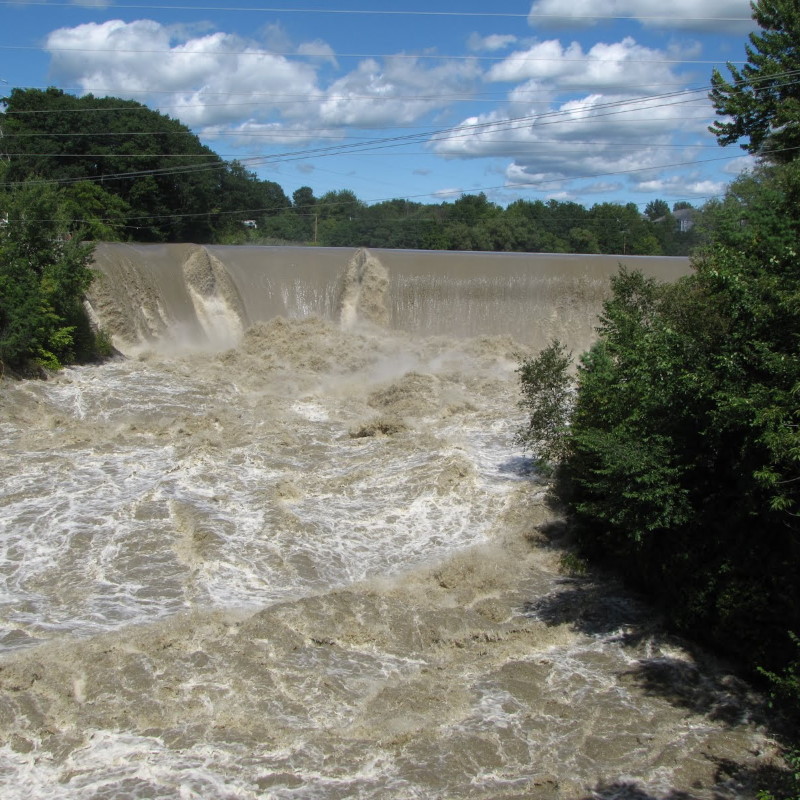
CIROH, a partnership between NOAA and the University of Alabama, is a national consortium committed to advancing water prediction – the forecasting of streamflow entering water systems, extreme events such as floods and droughts, and water quality – and building community resilience to water-related challenges. CIROH scientists work to improve the understanding of hydrologic processes, operational hydrologic forecasting techniques and workflows, community water modeling, translation of forecasts to actionable products, and use of water predictions in decision making.
The University of Vermont, led by the Water Resources Institute (WRI), is one of the lead partners in CIROH. UVM faculty, postdocs, and students from a variety of disciplines advance important watershed modeling and related research under the CIROH program.